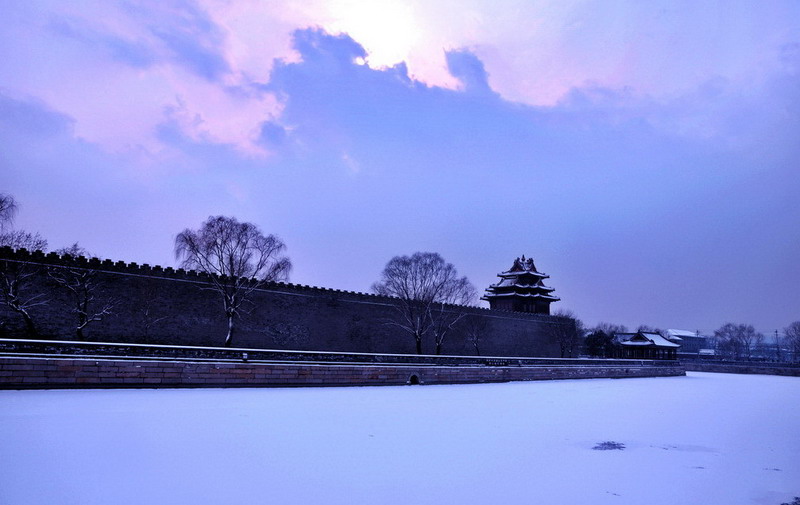The traditional Chinese lunar calendar divides the year into 24 solar terms. Winter Solstice (Chinese: 冬至), the 22nd solar term of the year, begins this year on Dec 22 and ends on Jan 6.
On the first day of Winter Solstice, the Northern Hemisphere experiences the shortest day and the longest night in the year, as the sun shines directly at the Tropic of Capricorn. From then on, the days become longer and the nights become shorter. The Winter Solstice also marks the arrival of the coldest season in the year.
Here are nine things you should know about Winter Solstice.
The Winter Solstice Festival
There was a saying that went in ancient China, "The Winter Solstice is as significant as the Spring Festival."
 |
|
As early as Zhou Dynasty (c.11th century-256BC), people worshipped the gods on the first day of the Winter Solstice, which was also the first day of the new year. The Winter Solstice became a winter festival during the Han Dynasty (206 BC-220AD). The celebratory activities were officially organized. On this day, both officials and common people would have a rest.
During subsequent dynasties, such as the Tang (618-907), Song (960-1279) and Qing dynasties (1644-1911), the Winter Solstice was a day to offer sacrifices to Heaven and to ancestors.
|